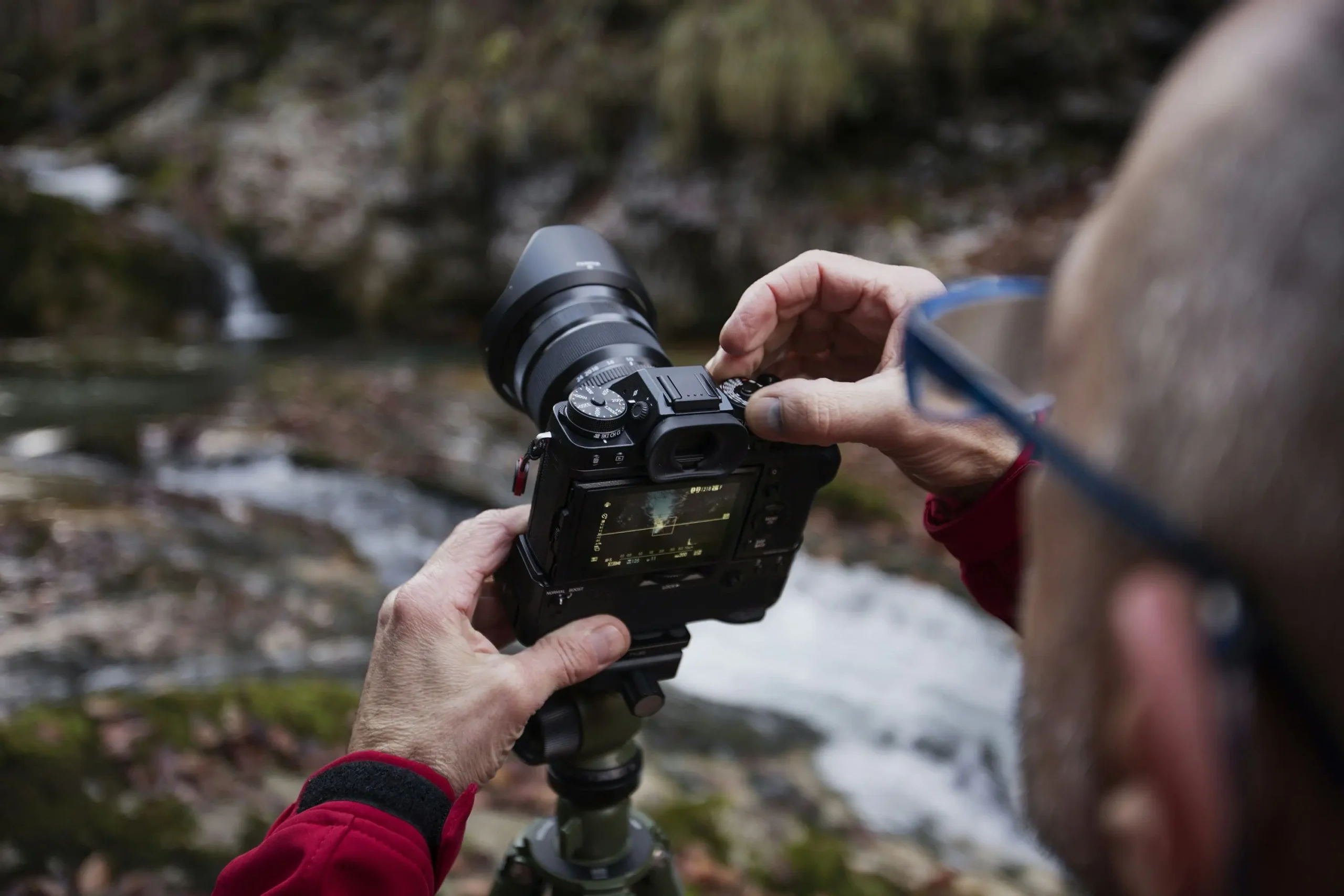
Photography Composition Rules and Techniques
Welcome to Media Star Pro! Whether you’re a budding photographer or a seasoned professional, understanding the principles of composition can significantly enhance your photographic skills. In this blog, we’ll delve into the importance of composition in photography, fundamental composition rules, and some advanced techniques that can take your photos to the next level.
The Importance of Composition in Photography
Composition is the arrangement of elements within a photograph. It is crucial because it guides the viewer’s eye through the image, conveying the story or emotion you want to capture. Good composition can transform an ordinary photo into a compelling visual masterpiece.
Fundamental Composition Rules
Mastering the basics is essential for any photographer. Here are some fundamental composition rules that can improve your photos:
Rule of Thirds
One of the most well-known composition rules is the Rule of Thirds. Imagine your frame divided into nine equal parts by two horizontal and two vertical lines. Place the essential elements of your scene along these lines or at their intersections. This technique creates balance and interest, making your photos more engaging.
Leading Lines
Leading lines are natural lines within a scene that lead the viewer’s eye to the main subject. These can be roads, rivers, fences, or even shadows. By incorporating leading lines, you can create a sense of depth and direct attention to the focal point of your photograph.
Fill the Frame
Filling the frame means getting closer to your subject, ensuring it occupies a significant portion of the image. This technique eliminates distractions, highlights details, and creates a more intimate connection with the subject.
Balance
Balance involves arranging elements so that no single part of the image overpowers the rest. Symmetrical balance, where elements are evenly distributed, creates a sense of harmony. Asymmetrical balance, on the other hand, can make the composition more dynamic by contrasting different elements.
Advanced Composition Techniques
Once you’re comfortable with the basics, you can explore advanced composition techniques to add more depth and complexity to your photographs.
Golden Ratio
The Golden Ratio is a mathematical ratio often found in nature and art. It can be used in photography to create a naturally pleasing composition. By placing the main elements of your photo along the lines or at the intersections of a grid based on the Golden Ratio, you can achieve a harmonious balance.
Negative Space
Negative space refers to the empty or open space around your subject. Using negative space can emphasize your subject, create a sense of scale, and evoke specific emotions. It’s a powerful tool for minimalist photography.
Using Reflections
Reflections can add a unique dimension to your photographs. They can be found in water, mirrors, windows, and other reflective surfaces. Incorporating reflections can create symmetry, add depth, and offer a different perspective on your subject.
Conclusion
Understanding and applying these composition rules and techniques can significantly enhance your photography. At Media Star Pro, we believe that mastering these principles is essential for creating compelling and visually appealing images. Remember, while rules are important, creativity knows no bounds. Don’t be afraid to experiment and develop your unique style.
Happy shooting!
Thank you for reading! For more tips and tutorials, visit our blog regularly. Follow Media Star Pro on social media for the latest updates and photography inspiration.
